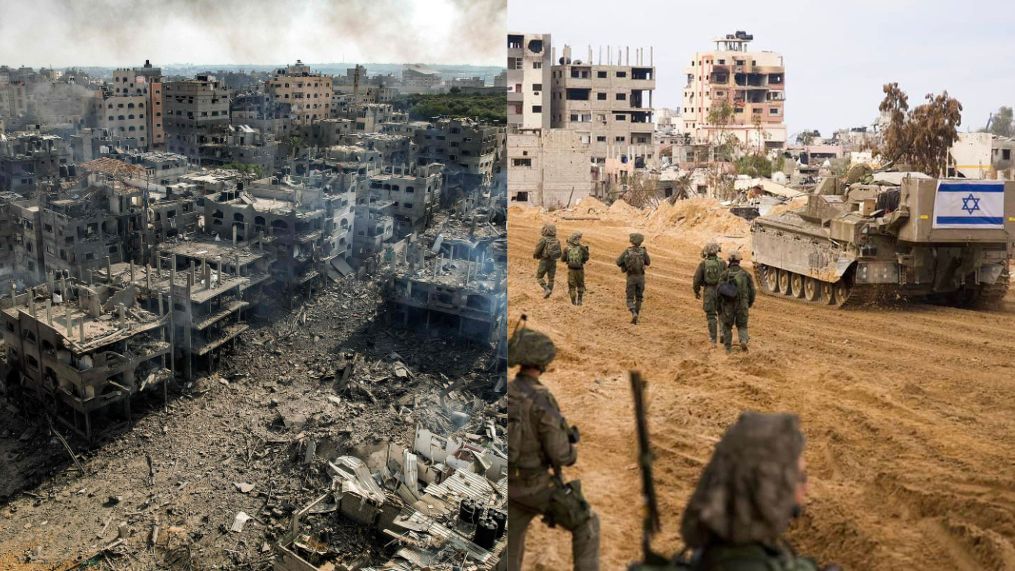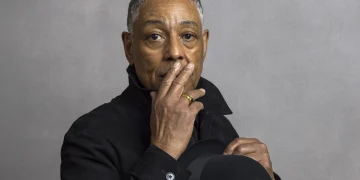Israeli forces intensified their operations in Gaza, advancing into the northern and southern regions to reclaim territory from Hamas fighters. In the north, Israeli troops entered the Jabalia refugee camp, claiming to have dismantled Hamas’s presence months prior.
The incursion forced residents to flee, carrying whatever belongings they could salvage amidst the chaos of tank shells and airstrikes that claimed numerous lives.
Meanwhile, in the south, tanks and troops crossed into Rafah, bordering Egypt, disrupting vital aid routes and exacerbating an already dire humanitarian situation. The closure of a main aid crossing point further strained resources, leaving hundreds of thousands of Palestinians scrambling to find safety once more.
Gaza’s health authority urgently appealed for international intervention to reopen access via the southern border, stressing the critical need for medical supplies, fuel, and humanitarian aid.

The lack of essential resources has led to a slow and agonizing death for many wounded and sick individuals, trapped without access to proper treatment or facilities.
Tragically, the violence has claimed civilian lives, including a foreign U.N. staff member who was killed when a U.N.-marked vehicle was struck while en route to a hospital in Rafah.
The death toll continues to rise, with Gaza health officials reporting over 35,000 Palestinians killed, although figures do not differentiate between civilians and combatants.
The conflict has sparked international concern and condemnation, particularly as tensions between the U.S. and Israel escalate over the military actions in Gaza. President Biden has faced criticism domestically for his support of Israel amidst allegations of genocide, a claim dismissed by both the White House and Israeli officials.
As the situation deteriorates, fears of further escalation and civilian casualties mount, underscoring the urgent need for a peaceful resolution to the ongoing conflict.





